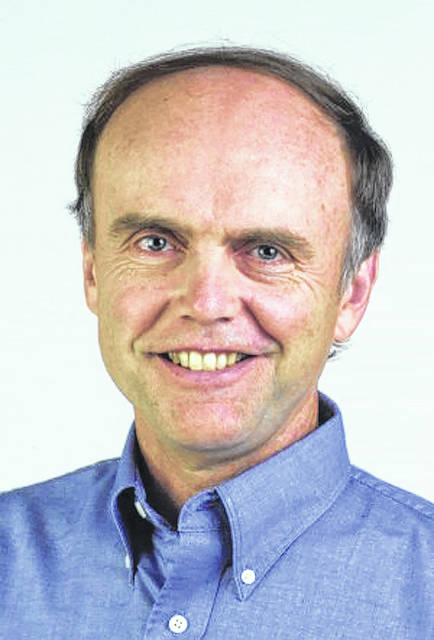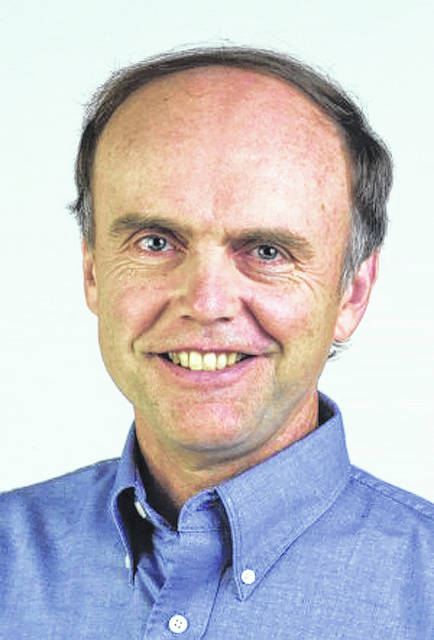

PASADENA, Calif. – Last summer at the Big Ten football media days Urban Meyer reflected briefly on his strengths as a coach.
“One of the things I think I have a gift at is pushing – constantly pushing people and giving feedback about how to be the best,” Meyer said.
The final push in Meyer’s brilliant seven-year career as Ohio State’s coach came in the Rose Bowl on Tuesday when the Buckeyes held on for a 28-23 win over Washington.
Ohio won 86 of the 95 games it played during Meyer’s seven seasons. It won the 2014 national championship and was in the College Football Playoff semifinals in 2016.
It might have been good enough to be in the playoff in 2015, 2017 and 2018 except for one inexplicable bad loss each of those seasons. It almost certainly would have been in the 2012 BCS championship game without NCAA sanctions and probably would have been in the BCS championship game in 2013 if it had beaten Michigan State in the Big Ten championship game.
It’s an unfair comparison because college football teams play more games now than they did 50 years ago or even 10 years ago, but Woody Hayes was in his 14th season when his win total reached the level Meyer did in seven seasons. Jim Tressel was in his ninth season when his win total matched Meyer’s.
So, what was it that made Meyer so successful beyond the earlier mentioned ability to push people beyond what they might have thought they could do?
Some thoughts from some of his players:
“Everything he does is at the highest level. No slacking,” said wide receiver Johnnie Dixon. “Nothing he does, there’s no slack. He goes as hard as he can. That was the kind of guy he was. He told you that at recruiting when he sat on your couch.”
Defensive lineman Dre’Mont Jones said,
“Sometimes it can feel negative because he’s getting on you, but it’s only to push the most out of you. Sometimes you question yourself as a player because of how much he gets on you, but he kind of breaks it down in a way to get you to understand that he’s only doing it because he cares.”
“It’s because he doesn’t let anything slip,” safety Jordan Fuller said. “Coming in as a freshman, you realize pretty quick that if you don’t run through a line all the way it’s the biggest deal in the world. If you don’t do a rep right, it’s the biggest thing in the world.”
The question now is where will Meyer take all that intensity, all that attacking a situation with the maximum level of focus and energy he can find all the time.
He will get the title of assistant athletic director at Ohio State and plans to teach a class on leadership. He says he will still be around the football program, but not too much.
Working as an analyst on college football games on television might be a possibility. He did that during his year away from coaching in 2011 after he left Florida and before he came to Ohio State.
If he chooses to, he could be a world class fund raiser for Ohio State. He has already proved he is at an elite level as a recruiter of athletes. Does anyone think he couldn’t be just as persuasive with donors?
The question is will any of this come close to filling the huge space coaching has occupied in his life for more than 30 years?
Meyer has talked about needing to find something new he loves to do. Will he find that?
Health concerns about a cyst in his brain played a major role in Meyer’s decision to retire. He’s 54, so the question of if he will coach again is not going to go away.
Staying retired is not unprecedented. People speculated for years about Tressel returning to coaching somewhere. But he has settled comfortably into his role as president of Youngstown State University.
The urge to coach probably will never leave Meyer. But that doesn’t necessarily mean he will coach again.





